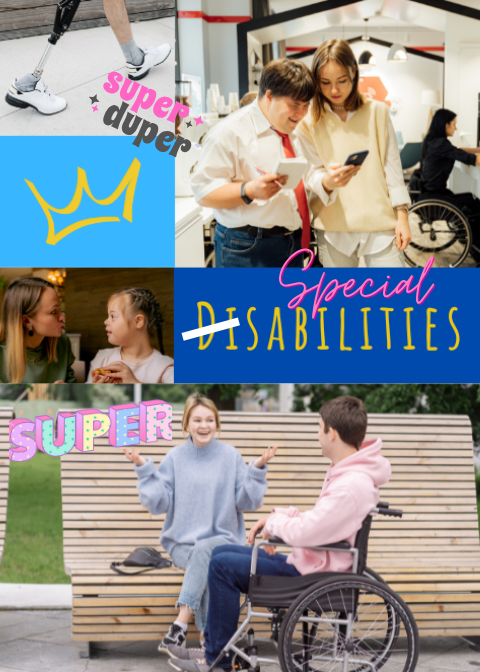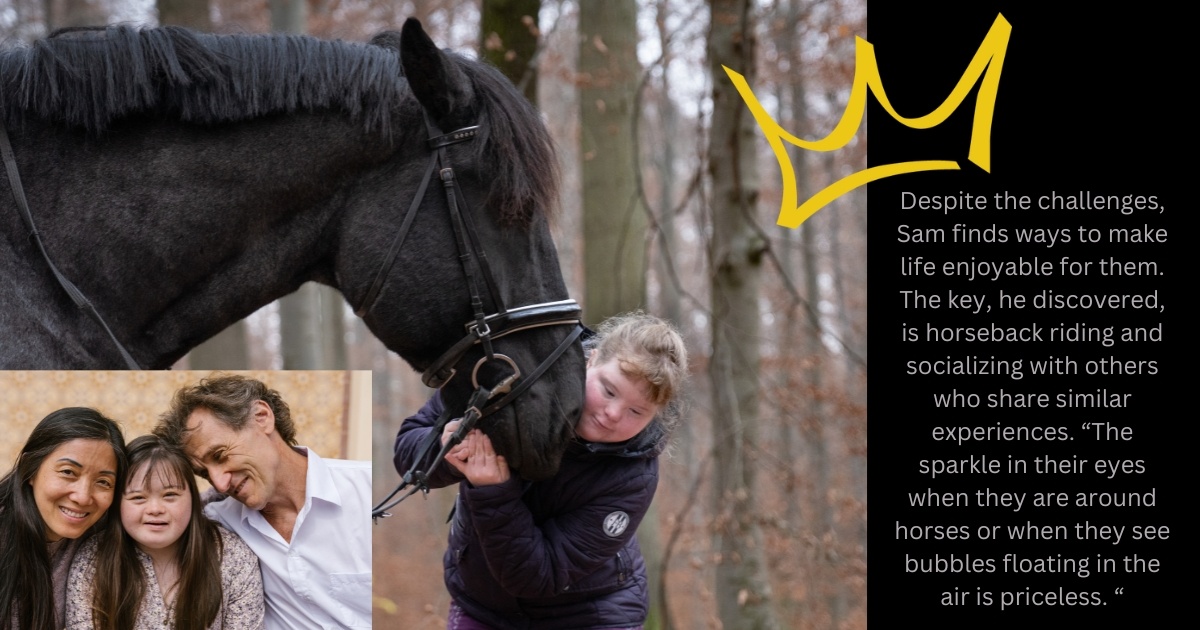CARING FOR CAREGIVERS: Special People
Special People Need Specialty Caregivers Like You!
Approximately 1 in 4 US households has a person with disabilities, with around 43.5 million US adults providing unpaid care in the past year, including 24.1 million caring for adults and 21.4 million caring for children with special needs.1 in 4 US households has a person with disabilities, per the U.S. Census Bureau


The Family Hardships in Caregiving
When A Loved One With Disabilities Transitions
Caregiving for a loved one with disabilities is a challenging and rewarding experience. It can be especially difficult when your loved one is transitioning to a new stage of life, such as moving out of the family home or starting a new job. By seeking support and taking care of yourself, you can help your loved one transition to a new stage of life successfully.

Transitioning to a New Stage of Life
Transitioning
When your loved one with disabilities transitions to a new stage of life, it can be a challenging time for the entire family. Common transitions include:
Moving out of the family home:
Moving out of the family home:
This can be a difficult adjustment for both the loved one and the family. The loved one may feel a sense of loss and independence, while the family may feel a sense of emptiness and worry.
Starting a new job:
This can be a positive change for the loved one, but it can also be a stressful time for the family. The loved one may need help with transportation, childcare, and other aspects of their new job.
Getting married:
This can be a joyous occasion for the loved one and the family, but it can also be a time of change and adjustment. The loved one may need to learn how to live with a new partner, and the family may need to learn how to accept the new partner into their lives.

Coping with the Hardships
Coping
There are several things that families can do to cope with the hardships of caregiving:
Seek support from family and friends:
Seek support from family and friends:
Talk to your loved ones about your feelings and concerns. They can offer emotional support and practical help.
Join a support group:
There are many support groups available for caregivers. These groups can provide you with a sense of community and support.
Take care of yourself:
Make sure you get enough sleep, eat healthy foods, and exercise regularly. It is also important to take some time for yourself to relax and de-stress.
Seek professional help:
If you are struggling to cope with the hardships of caregiving, talk to a therapist or counselor. They can help you develop coping mechanisms and strategies for dealing with stress.

Common Hardships Faced by Families
Families
Families caring for a loved one with disabilities often face several hardships, including:
Financial burden:
The cost of caregiving can be significant, especially if your loved one requires specialized care or equipment.
Emotional stress:
Caregiving can be emotionally draining, especially if your loved one is struggling with their condition.
Physical strain:
Caregiving can be physically demanding, especially if your loved one is unable to move around easily.
Social isolation:
Caregivers often feel isolated from their friends and family, as they may not have time for social activities.
Loss of independence:
Caregivers often have to give up their independence to care for their loved ones.
